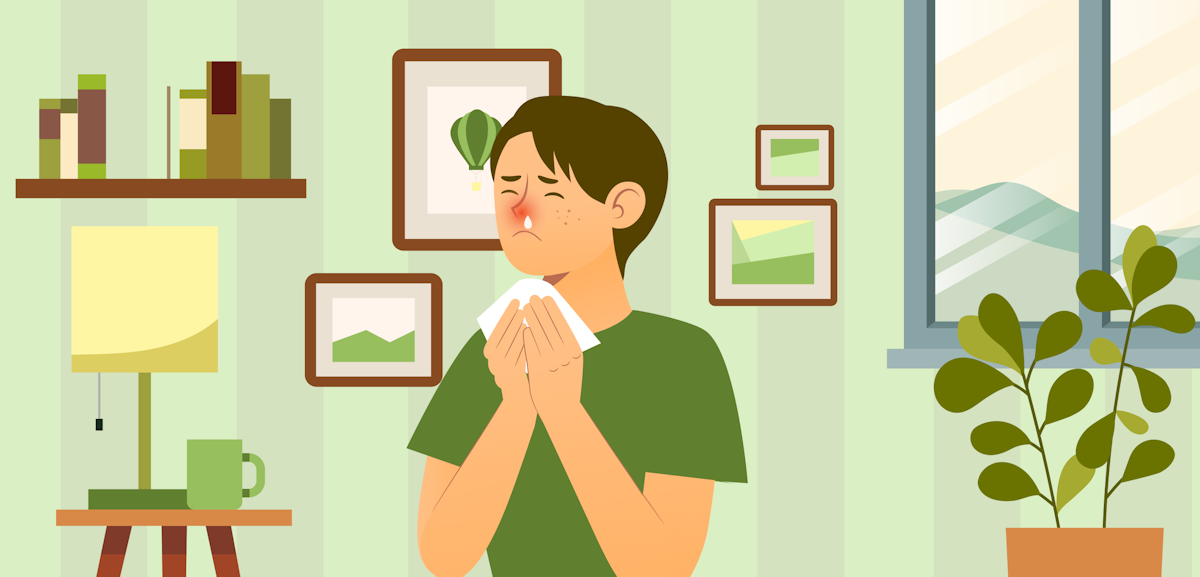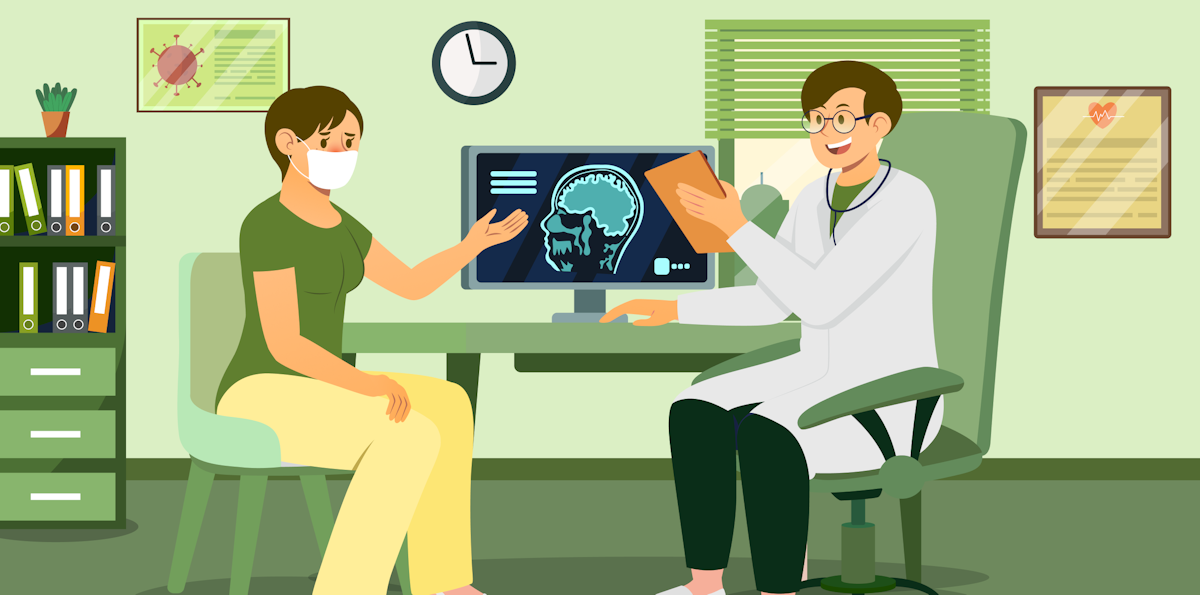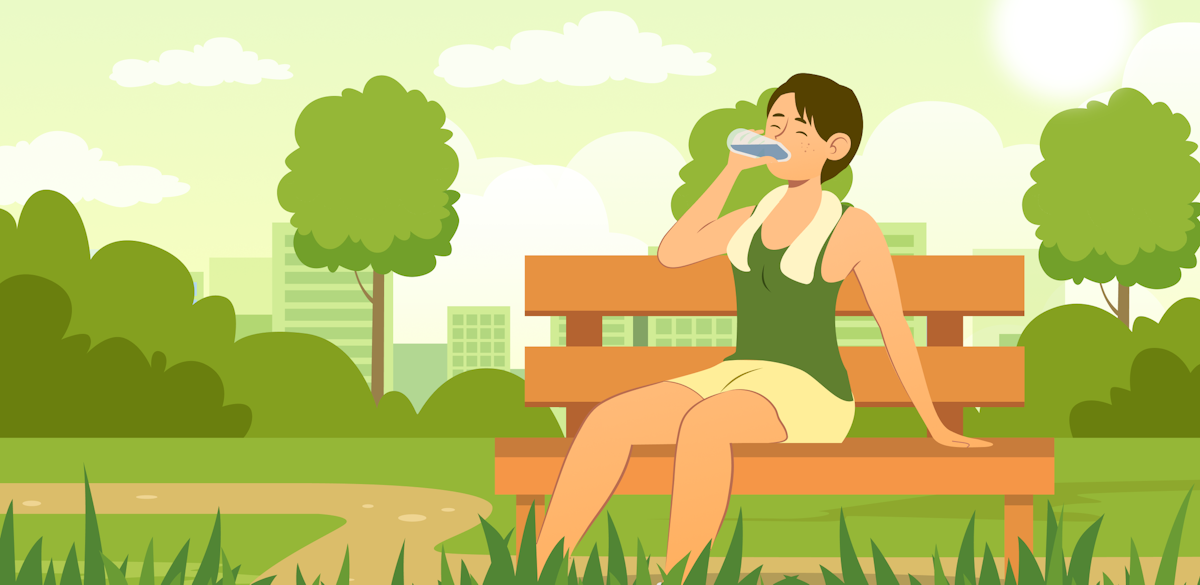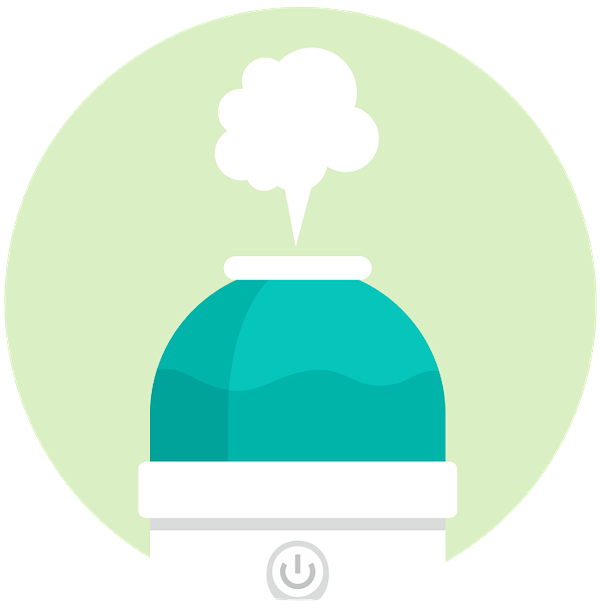
By Grace Angela Garcia MD, DPPS, DPSAAI Allergy, Asthma and Immunology Specialist

By Grace Angela Garcia MD, DPPS, DPSAAI Allergy, Asthma and Immunology Specialist
Learn why we get stuffy nose and get tips on how you can prevent nasal congestion from letting you enjoy brighter days ahead.
Having a stuffy nose can significantly impact your daily life. This includes daytime sleepiness or drowsiness that may impair your quality of life, your ability to participate in daily activities, and your daytime productivity at school or work.

Nasal congestion is described as a perception of reduced nasal airflow or a sense of facial fullness and this involves several underlying mechanisms. These include mucosal inflammation, which often involves increased venous engorgement, nasal secretions, and tissue swelling or edema. Some are caused by physical problems affecting the structure of the nasal passage.

Nasal congestion is a common symptom:

Allergic rhinitis is a diagnosis associated with a group of symptoms affecting the nose. These symptoms occur when you breathe in something you are allergic to. For rhinitis, you can feel nasal congestion with clear watery nasal discharge, sneezing, and itching of the nose.

Rhinosinusitis is defined as symptomatic inflammation of the paranasal sinuses and nasal cavity.

For the symptoms of rhinosinusitis and nasal polyposis, the same symptoms are seen for those patients with rhinitis plus an associated headache, facial pain, and anosmia which means decreased or absence of sense of smell. There might also be a sense of pressure over the forehead and face.

The most common cause of having a stuffy nose is coming from viral infections. Other causes would be indoor and outdoor allergens particularly house dust mites, cockroaches, pet dander, and pollens from grasses. Other less common causes of nasal congestion would be irritants such as dust, smog, cigarette smoke, strong odors, and chemical fumes.
A consultation with your doctor is appropriate to diagnose what is causing your nasal congestion. Doctors would examine you since there are clues when they do the physical examination that would lead them to the correct diagnosis of your disease.

There may be some laboratory tests that would be needed depending on the cause or trigger of your clogged nose. If the cause of your clogged nose is due to the allergens, then you might need to undergo skin testing which is done by an Allergist. If you have sinusitis and headache, then imaging studies such as a CT scan or an X-ray of the sinuses would be possible to diagnose this. A nasal endoscopy may also be needed to check the sinuses by using a thin and flexible tube with a camera.

There are different medications that can help relieve your stuffy nose. The most common medicines used would be decongestants, antihistamines, and saline solutions. Other patients would need additional medicines such as intranasal corticosteroids, antibiotics, pain relievers, and nasal irrigation. Just make sure to have a check-up with your doctor to check the root cause of your clogged nose. Treatment is individualized for every patient.


Having the right diet and daily exercise is very important for getting different diseases.

Stay hydrated by drinking lots of water to help thin and drain the mucus from the sinuses.

Some home remedies may be used like using a humidifier or steam inhalation to keep the nasal passages moist and the mucus flow.

Make sure to wash your hands regularly.

If you know your triggers, it is best to avoid the allergens that you might be allergic to.

Get enough sleep all through the night at least 8 hours a day.
It is best to talk to your healthcare provider if you have any of these symptoms and discuss the treatment options for your clogged nose!
“Breath is the finest gift of nature. Be grateful for this wonderful gift!” –Amit Ray
7